In a significant development for the Drone Industry, Randall Warnas, former CEO of Autel Robotics USA, has launched a new company called Anzu Robotics. The company aims to provide high-quality, non-Chinese manufactured drones to markets facing geopolitical concerns and restrictions on Chinese-made technology. This move comes as a response to the growing demand for drone solutions that prioritize Data Security and privacy while maintaining the performance and affordability that customers have come to expect.
Anzu Robotics, founded by drone industry veteran Randall Warnas, has emerged as a new player in the market. With over a decade of experience in the drone space, Warnas brings a wealth of knowledge and relationships to the table. The company’s mission is to offer reliable, affordable drones manufactured outside of China to customers who face restrictions on using Chinese technology due to cybersecurity and data privacy concerns.
The launch of Anzu Robotics comes at a time when the geopolitical landscape is increasingly complex, with many Countries expressing concerns over the use of Chinese-made drones. In the United States, for example, legislation has been proposed to ban the use of Chinese drones by government agencies and in some states, such as Florida, these restrictions have already been implemented. This has created a significant challenge for the drone industry, as many of the leading manufacturers, such as DJI, are based in China.
To learn more about Randall Warnas’ new venture, Anzu Robotics, be sure to register for the upcoming webinar on Wednesday, April 17th, at 2:00 pm EST.

Anzu Licenses DJI Technology
To kickstart their product line, Anzu Robotics has taken a unique approach by licensing Drone Technology from industry leader DJI. This strategic move allows Anzu to leverage proven, high-quality hardware while decoupling it from the perceived risks associated with Chinese manufacturing. The licensed technology serves as a starting point, which Anzu then modifies with its own software stack and manufacturing process.
Warnas emphasizes that this licensing agreement is not a joint venture or an ongoing collaboration with DJI. Instead, it is a one-time technology transfer that provides Anzu with the hardware specs and know-how to manufacture drones based on DJI’s designs. This arrangement gives Anzu the freedom to modify and enhance the products as they see fit, without any ongoing obligations or ties to DJI.
The decision to license DJI technology was not made lightly. Warnas and his team evaluated multiple options before determining that this was the best path forward. By leveraging DJI’s proven designs, Anzu can offer customers a familiar and trusted platform while focusing their efforts on addressing the data security and privacy concerns that have hindered the adoption of Chinese-made drones.
Anzu Manufacturing and Software
To further distance itself from the perceived risks associated with Chinese manufacturing, Anzu has established its production facilities in Malaysia. The company works with a contract manufacturer that sources components from a predominantly non-Chinese supply chain. This approach helps to mitigate concerns over potential security vulnerabilities or backdoors that could be present in Chinese-made components.
Once the hardware is manufactured, it is brought to the United States, where Anzu installs its own software stack. This software is developed in partnership with Aloft (formerly Kittyhawk), a leading provider of drone operations management solutions. Aloft’s software is ISO 27001 and SOC 2 Type 2 certified, ensuring robust data security and privacy practices are in place.
The combination of non-Chinese hardware and US-developed software allows Anzu to offer a unique value proposition to customers who are looking for a reliable and secure drone solution. By controlling both the hardware and software aspects of their products, Anzu can ensure a seamless user experience while prioritizing data protection.
Target Markets
Anzu Robotics is primarily targeting enterprise customers, large companies, and public safety organizations that are restricted from using Chinese-made drones due to legal, political, or perceptionconcerns. These customers often have significant investments in drone programs and have come to rely on the technology for critical operations. However, the geopolitical tensions surrounding Chinese-made drones have forced many of these organizations to ground their fleets or seek alternative solutions.
By providing a US-owned alternative with familiar technology at a competitive price point, Anzu aims to enable these customers to continue using drones for their operations without sacrificing performance or capabilities. The company’s initial focus will be on the North American market, with plans to expand internationally in the future.
One of the key sectors that Anzu is targeting is public safety. Police departments, fire departments, and other emergency response agencies have been among the earliest adopters of drone technology. These organizations use drones for a wide range of applications, from Search and Rescue to accident scene reconstruction. However, many public safety agencies in the United States have been forced to ground their Chinese-made drones due to security concerns and legislative restrictions.
Anzu’s drones offer a solution for these agencies, allowing them to continue using the technology they have come to rely on without compromising on data security or violating any laws or regulations. The company’s drones are designed to be easy to use and integrate with existing workflows, making the transition from Chinese-made drones as seamless as possible.

Pricing and Features of the Anzu Raptor and Raptor T
Anzu’s initial product lineup includes the Raptor ($5,100) and Raptor T ($7,600), which are based on DJI’s Mavic 3 platform. While these Remote-ID compliant drones are slightly more expensive than their DJI counterparts, they offer similar features and capabilities without the geopolitical baggage.
One notable difference between Anzu’s drones and DJI’s is the absence of geofencing restrictions. Geofencing is a feature that uses GPS and other data to prevent drones from flying in restricted areas, such as airports or sensitive government facilities. While geofencing can be a useful safety feature, it can also be a hindrance for customers who need to fly in these areas for legitimate reasons. Anzu has made the decision to remove geofencing from their drones, giving customers more flexibility and control over where they can fly.
Another key feature of Anzu’s drones is the inclusion of Aloft’s software for enhanced compliance and fleet management. Aloft’s platform provides a range of tools for managing drone operations, including flight logging, maintenance tracking, and regulatory compliance. By integrating this software into their drones, Anzu is making it easier for customers to manage their fleets and ensure they are operating in compliance with all relevant regulations.
Looking to the Future
As Anzu Robotics enters the market, Warnas is optimistic about the company’s prospects. He believes that there is a significant opportunity for a US-owned drone manufacturer that can provide high-quality, secure solutions to customers who are looking for alternatives to Chinese-made drones.
Looking to the future, Warnas envisions Anzu expanding its product line to include larger drones with more advanced payloads, such as LiDAR and multispectral sensors. The company is also exploring opportunities in the ground robotics and VTOL (vertical takeoff and landing) spaces, where there is growing demand for secure and reliable solutions.
Ultimately, Warnas sees Anzu Robotics as more than just a drone manufacturer. He believes that the company can serve as a blueprint for how to build secure, trusted robotics solutions by leveraging the best technology from around the world while prioritizing data security and customer privacy.
The launch of Anzu Robotics marks an important milestone in the drone industry’s response to the growing geopolitical tensions surrounding Chinese-made technology. By providing a US-owned alternative built on proven DJI hardware and custom software from Aloft, Anzu aims to fill a critical gap in the market and enable customers to continue benefiting from drone technology without compromising on quality, capabilities, or data security.
As the company grows, it plans to expand its product line and explore new opportunities in the robotics space while maintaining its focus on customer service and building long-term relationships with its clients. With Warnas at the helm and a strong team behind him, Anzu Robotics is well-positioned to become a major player in the drone industry and beyond.
In a rapidly evolving geopolitical landscape, companies like Anzu Robotics will play an increasingly important role in ensuring that customers have access to the technology they need to stay competitive and secure. By prioritizing transparency, accountability, and customer service, Anzu is setting a new standard for what it means to be a trusted technology partner in the age of global competition and cybersecurity threats.
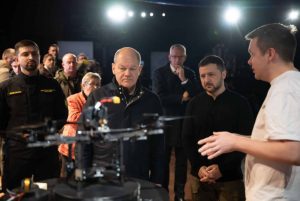
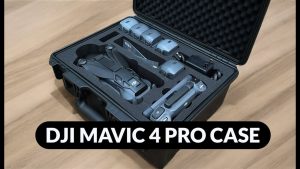
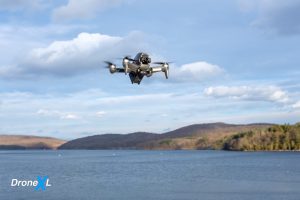
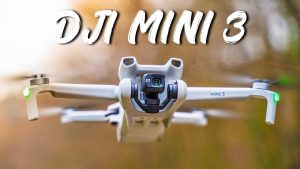
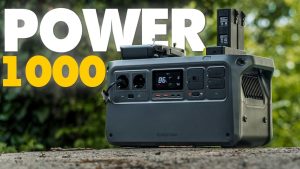
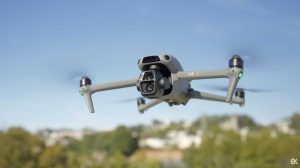
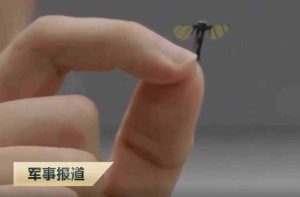

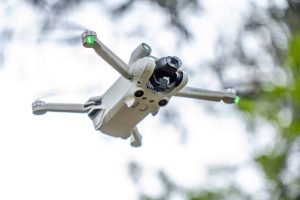

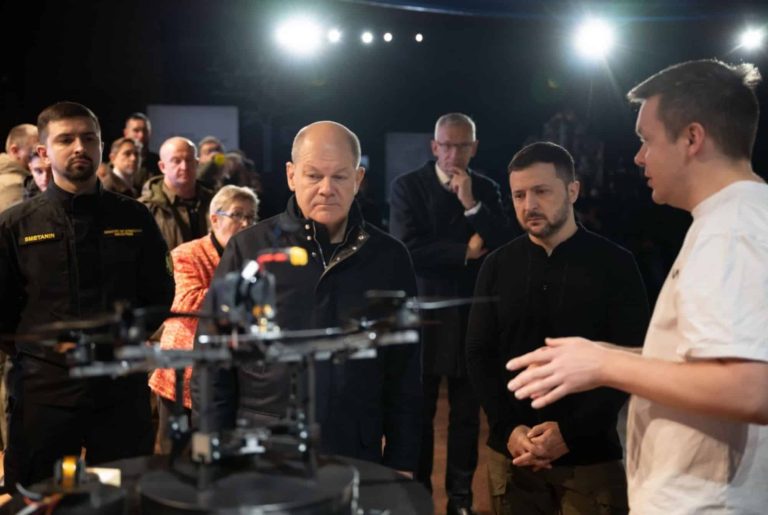
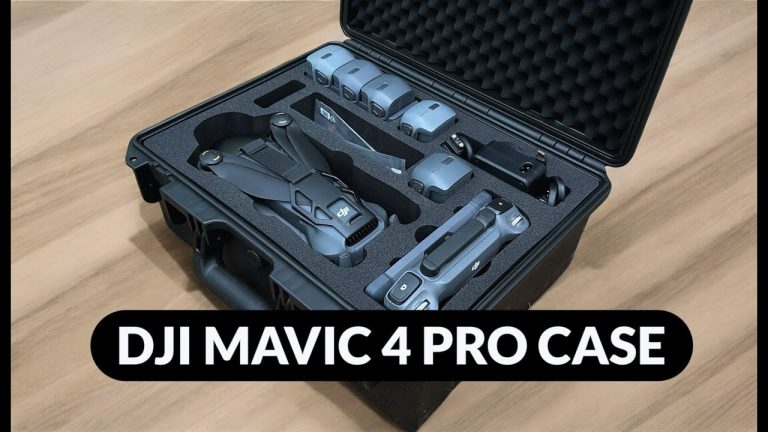
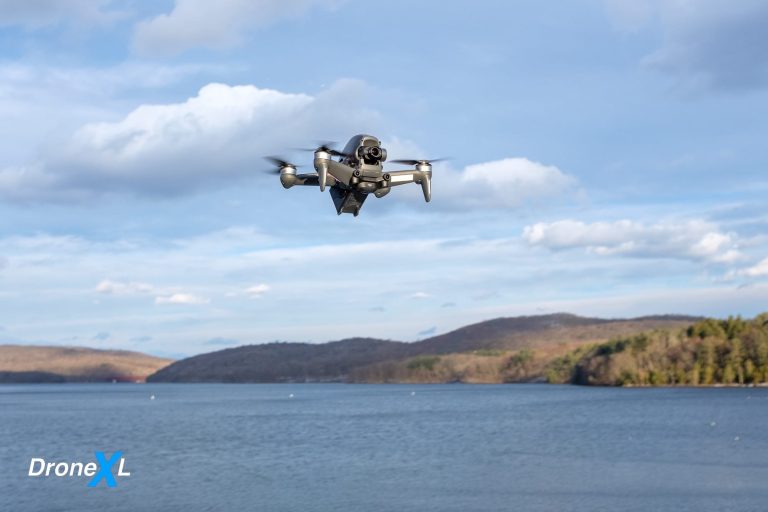

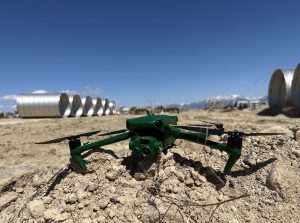
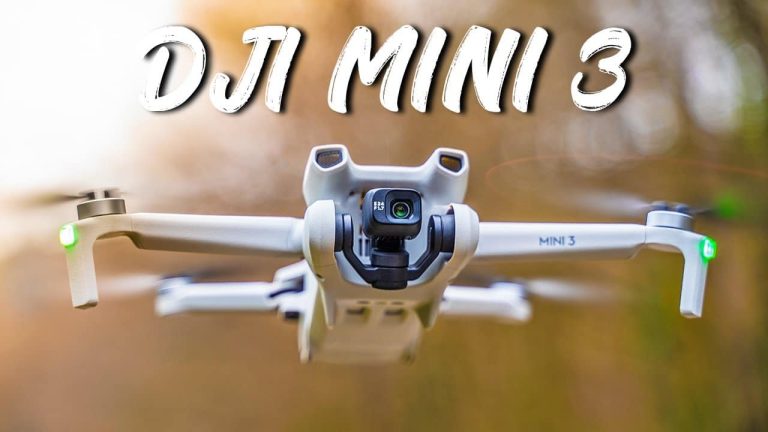
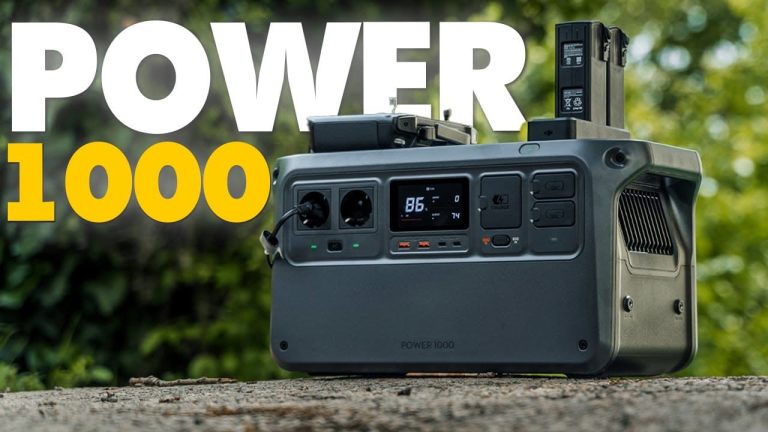
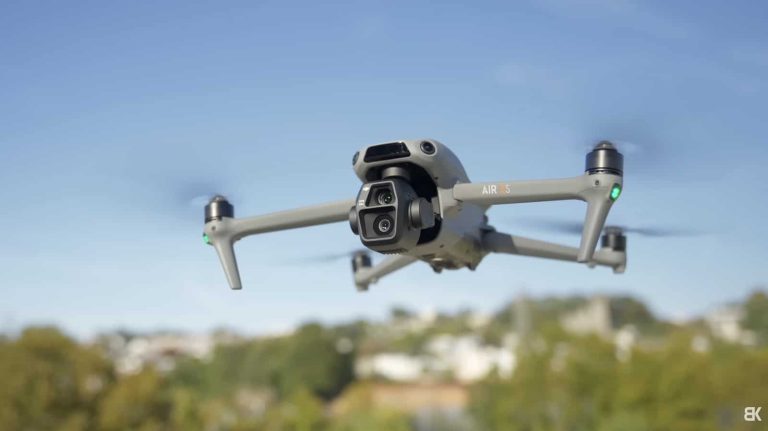
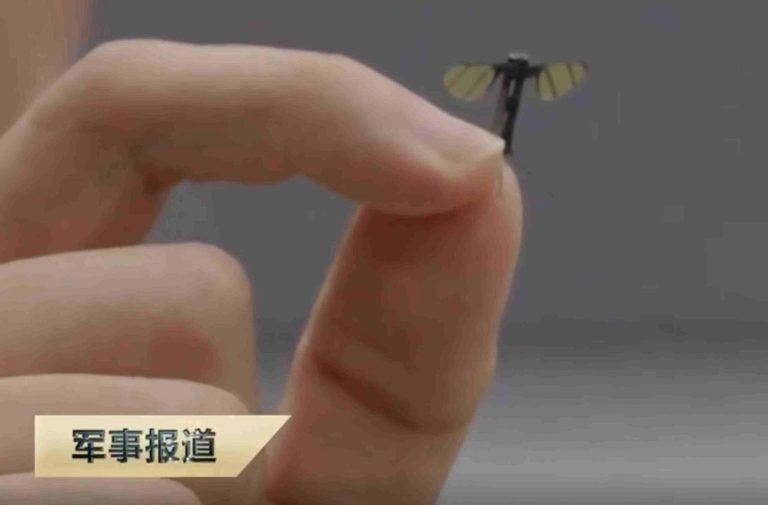
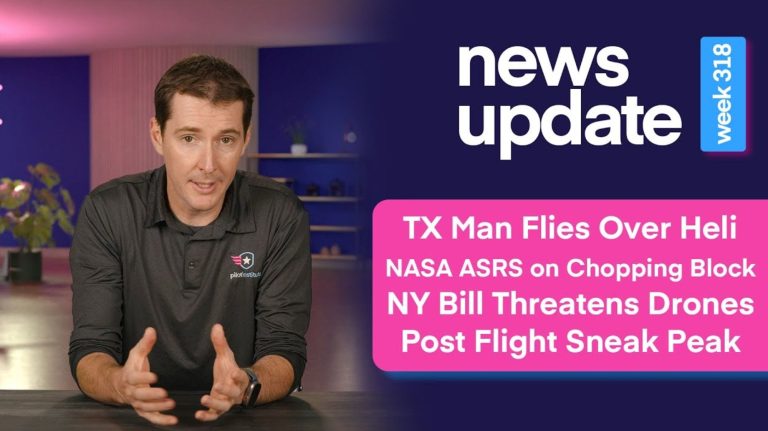
+ There are no comments
Add yours